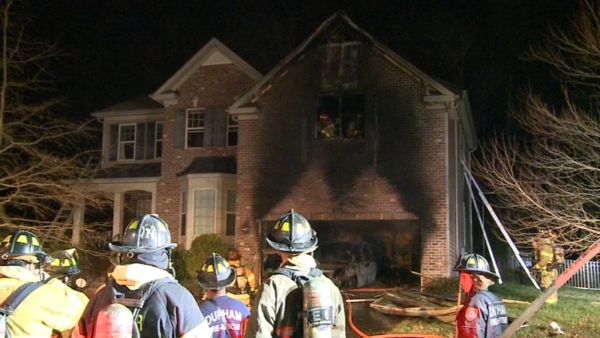Know Your Home Value Before Deciding On The Best Coverage
Buying a house is expensive. This isn’t exactly groundbreaking news. The next step in this process is to then look at insurance product options and decide which is best for you. The problem here is that it is all too easy to think cheap. After spending all that money on a house – and having the sticker shock that comes with it – it is easy to decide that a cut-rate insurance product option is the way to go for saving some money.
While this can be tempting for the short term, it is a terrible choice to make should anything actually happen to your shiny new (or historically old) property. Here are the three basic questions everyone should ask when deciding which homeowner’s insurance policy is the right one for them.
What would a rebuild cost?
The easiest mistake to make here is to simply get coverage that sits at the price you paid for the home. While this is a good enough guide, the truth is that a purchase price is often lower than what it would cost to rebuild your home – and your life in many ways – from scratch should something destroys your home. A house fire – for example – usually results in a complete rebuild so you have to have enough coverage in your policy to be able to comfortable build up what you lost.
What will it cost you to live elsewhere?
Should a total loss occur then you will obviously need to live somewhere else for a while. This could be any amount of time at all feasible, especially if a home loss is accompanied by endless investigations into the cause and other time consuming things.
While moving in with a relative is usually an option, this can get old quickly for all parties involved. This means that new living costs – or Additional Living Expenses (ALE) – will be incurred. Maybe you will need to rent a home while a rebuild occurs. At the very least you are likely looking at hotel stays and restaurant meals. Check the ALE coverage of a policy to ensure it is right for your situation.
What is your stuff worth?
The other determining question when looking through insurance policy options is that of the worth of what you own. A home inventory is essential, as is looking for additional coverage for certain items of value (collectibles and jewelry). When putting this inventory together think carefully about what you own. It is easy to see the value of a 55-inch flat screen TV, but just as easy to overlook the hundreds of items of clothing in a shared wardrobe. Know what you have, know what it is worth, and plan your insurance option accordingly.
Article by Vital Guidance






